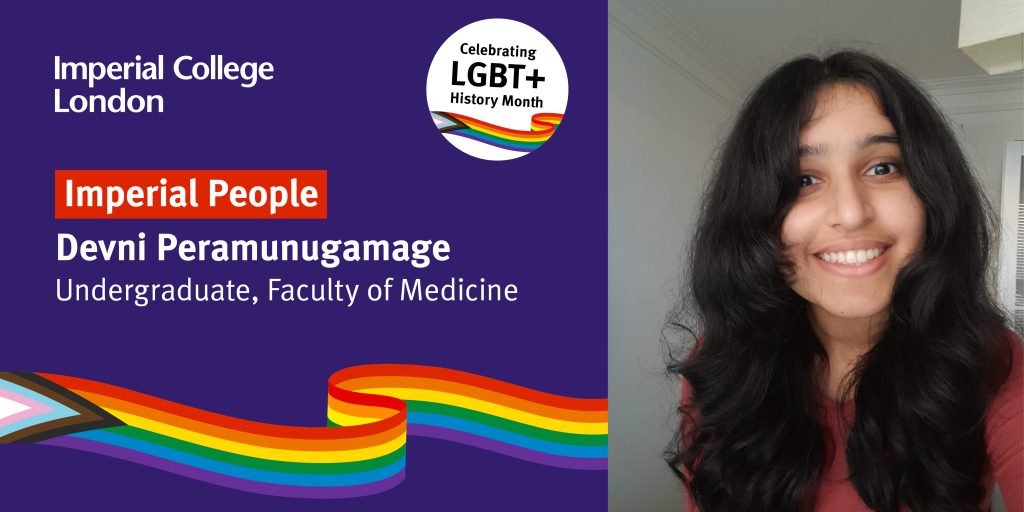
“Coming to university I was suddenly thrown into an environment where people were celebrated for being themselves. It was wonderful.”
I was always bothered when my peers would talk about how big the universe is and how small we are, and how because of this life is meaningless. Year nine career talks didn’t help this existential crisis – if life was meaningless, how was I supposed to decide what I wanted to do for the rest of mine? In the end, it was a poem, by Rupi Kaur, that inspired me. It talked about how in the end, while we’ll realise so many of the things we worried over were trivial and meaningless, human connection is meaningful. Between a mother and her daughter, between a couple married for five decades, between a group of lifelong best friends – I think human connection is meaningful because we feel it is meaningful. And I realised that something that made me angry was how such arbitrary things – a virus, a drunk driver, a clump of cells growing where they shouldn’t be – could end these connections. I realised that if I did medicine, if my life was about trying to stop these arbitrary things, then it didn’t matter how big the universe was. My life would be meaningful to me. And that would be enough.
Growing up, I was incredibly shy. I was somewhat scared of almost everything and everyone around me. Subdued, and in my shell, was where I felt safest. Realising I was queer, in an awfully homophobic environment, only reinforced this. Coming to university was a culture shock to say the least. I was suddenly thrown into an environment where people were encouraged and celebrated for being themselves. It was wonderful.
Joining IQ (Imperial’s LGBT+ Society) was perhaps one of the best decisions I made at university. The society, and community I formed with it, played such a huge part in my process of coming out of my shell and becoming confident, and just being me – still a work in progress! I couldn’t wait to be on the committee and help facilitate this for other people.
Several people have raised questions to me over the importance of pride, LGBT+ history month, and LGBT+ societies in general – ‘surely being queer isn’t your whole personality?’, ‘if you want being queer to be accepted and normal, why make such a big deal of it?’. I think those common views are missing the point. Perhaps in an ideal world where not being straight, or not being cis-gendered, was never seen as anything other than normal, LGBT+ societies would be redundant. Unfortunately, in the real world, LGBT+ people have faced an extensive history of violence and marginalisation that still persists. Many of us in societies like IQ are from countries where LGBT+ people are still criminalised and punished with imprisonment, torture, or death. These societies are about forming communities that provide support, visibility, and advocacy; they provide a platform for education and raising awareness. They are so important for so many people and I’m honoured to be part of running one.